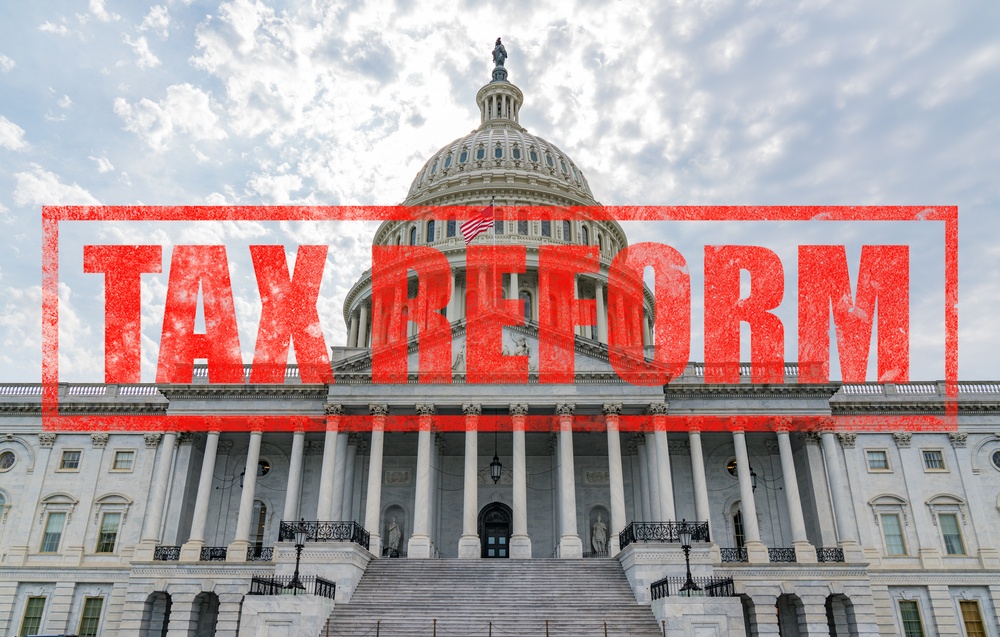Changes on the Horizon for Mississippi Business Incentives?
Updated March 12, 2020:
Senate Bill 2563 has been amended and passed by the Senate. It will now make its way through the House. The amended bill increases the minimum amount of incentives in order to qualify as a certified applicant from $1 million to $5 million. This should significantly decrease the base of affected businesses.
Some of the reporting requirements for certified applicants were also removed, however, the requirements relating to information on a company’s supply chain and its Mississippi vendors remain. The amended bill also eliminates the requirement that the University Research Center (“URC”) performs an economic impact study for each incentive. Instead, the bill now only requires that the Mississippi Development Authority (“MDA”) shares its report with the URC and, upon request, with the Governor, Speaker of the House and President of the Senate.
Continue reading >


